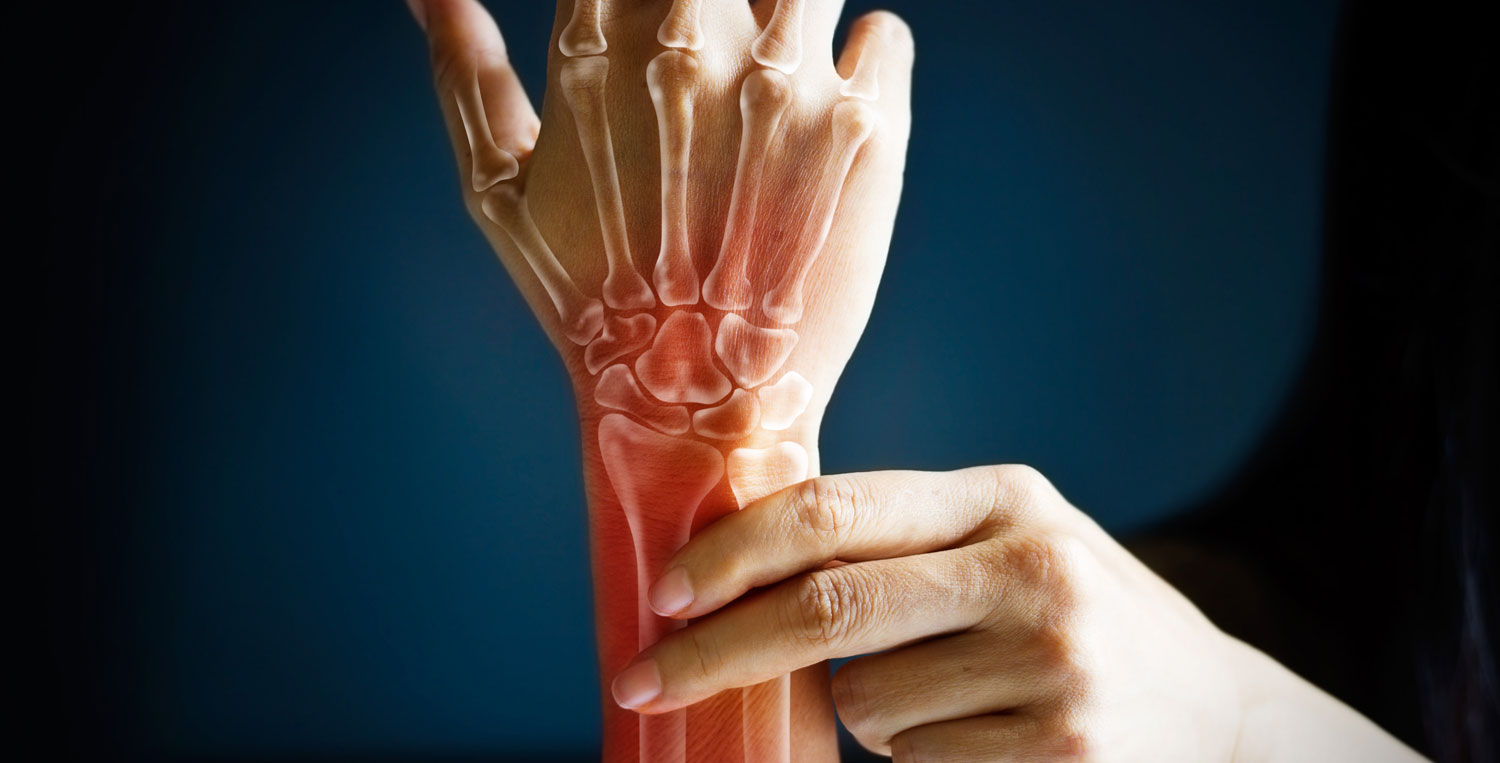[vc_row row_type=”row” use_row_as_full_screen_section=”no” type=”full_width” text_align=”left” css_animation=”” box_shadow_on_row=”no”][vc_column][vc_column_text]Hopefully you read last weeks’ article on bone health as it provides a great deal of background information to better understand what the scientific research is showing.
As I mentioned, Osteoporosis is more an issue of calcium loss than it is an issue of calcium absorption. What causes calcium loss? Calcium loss occurs when our blood PH is too acidic as a result of too much accumulation of acid waste in the body. As I explained last week, our bodies work hard to balance the PH of our blood between acid and alkaline. The blood in the human body is designed to be slightly alkaline at a ph between 7.35 and 7.45. Some of the foods that we eat cause the blood to be highly acidic (this is acid residue that foods leave, not the acidity of foods such as citrus). When the blood PH within our body is out of balance, (meaning too acidic), the body will do everything in its power to maintain this range. How does it maintain the blood PH within range? It draws minerals from your bones, such as calcium, to help alkalize your blood!!!!
What is the solution to this? The solution is so easy. By including more fresh fruits and vegetables, especially green leafy vegetables, into your diet, and cutting back on animal protein, your blood will be properly alkaline and therefore help you to maintain strong bones. Don’t forget, as we mentioned last week, weight bearing exercise is also key to bone health.
The foods we eat are both the cause of highly acidic blood and the solution. Eating acid forming modern diets high in animal protein, starches, processed foods and chemicals, cause the body to use the available calcium from the bones to neutralize the acid. Many scientific studies prove that diets high in animal protein show calcium residues in the urine and confirm that calcium is depleted from the bones to alkalize the acidic effect of those foods. Blood that is highly acidic also causes inflammation in the body. So, maintaining the proper acid/alkaline balance in our bodies will promote not only strong bones, but overall good health as well.
Which other foods are highly acidic? Soda pop is a disaster for bone health as it is very acidic due to its high content of phosphoric acid. It is so acidic that it is highly unlikely that a soda drinker would consume enough alkalizing minerals to correct the tremendous acidic attack it produces. Please note also that smoking causes rapid bone loss as well.
Now for the most surprising culprit:
Have you ever wondered why we have increased our overall consumption of dairy and calcium but our osteoporosis rates are sky rocketing? The PH of pasteurized milk and dairy products is 2 – 4, the lowest being pasteurized milk, sweetened yogurts and other processed dairy products. Even though dairy contains calcium, due to the acidic PH, they actually cause bone loss. According to Vivian Goldschmidt, bone health researcher who had turned around her own state of osteoporosis, “like soda, cow’s milk is rich in phosphorous which prevent the absorption of calcium present in other foods you’re eating. To make matters worse, the milk protein, like all animal proteins, also accelerates calcium excretion because of their acidic nature.”
There are many great alternatives to dairy available today. Try non-dairy milks such as almond, rice, hemp, oat, coconut, or soy. There are also cheese alternatives available at the health food stores made from rice, almonds or soy etc…
In summary, to prevent osteoporosis, you need to maintain body tissues in an alkaline state. A healthy and natural diet that has the proper acid/alkaline balance is the simple solution.
So, how do you protect bones?
- Exercise is essential for bone health, especially weight bearing.
- Vitamin D is important for bone health too. Be sure to get the real thing from the sun during the warmer months and consider supplementing during the cooler ones.
- Eat mostly fruits and vegetables which provide vitamin C to build collagen, which forms the basic network of tissues within your bones. Fruits and vegetables are also high in potassium, magnesium, vitamin K, and boron which are all key to bone health.
- Cut back on animal protein, even dairy, and processed foods.
- What about calcium? Yes, you do need calcium and luckily the best sources of calcium are the very vegetables we are recommending. Cabbage, broccoli, spinach, lima beans, collard greens, kale, mustard greens, sesame seeds, flax seeds and almonds and more are great sources of calcium. My favorite is Kale. Be sure to see my book “Fabulous Recipes for Vibrant Health” for great recipes such as Greens with Tahini Sauce, Creamy Cucumber Dressing and my favorite, Fresh Kale Salad.
- How much calcium do you need? According to Dr. Neal Barnard, founder of The Physician’s Committee for Responsible Medicine, you need 600 mg per day. It is so easy to meet this requirement by including lots of vegetables, nuts and seeds in your diet.
- Chew your food well as saliva contains an alkalizing enzyme
- Reducing stress is key too. Stress in our lives, or actually not being able to handle stress properly, may cause our blood to be acidic too. Be sure to take many deep breaths throughout the day, get good quality sleep to help you better handle the stress of the day and keep positive thoughts flowing by having gratitude for all that is good in your life. Learn to smile and laugh more so that a long, healthy and happy life will be your experience!
[/vc_column_text][/vc_column][/vc_row]

